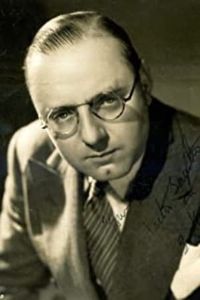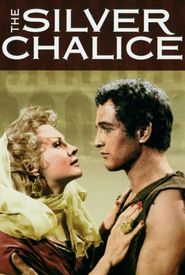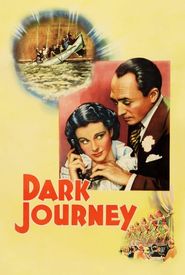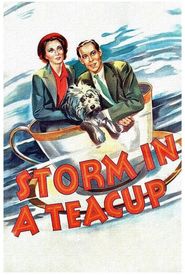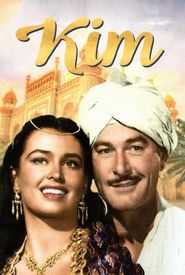Victor Saville was born into an art dealing family and received his education at King Edward VI Grammar School in Birmingham. He went on to serve in the British Army during World War I, where he was wounded in the Battle of Loos in 1915 and later invalided out.
After the war, Saville worked in the film industry, initially as the manager of a small theater in Coventry and later as an employee in a film distribution office. He eventually became involved with the Pathé organisation in London, where he worked in the Features and Newsreels Department.
In 1919, Saville co-founded Victory Pictures with Michael Balcon, and the company went on to produce several successful films, including the hit movie Woman to Woman (1923) and the less successful White Shadows (1924).
Saville continued to work in the film industry throughout the 1920s and 1930s, producing and directing a number of films for various studios, including Gaumont and MGM. He also became known for his work on romantic comedies, espionage thrillers, and musicals, often starring Jessie Matthews.
In the 1930s, Saville set up his own production company, Victor Saville Productions, and went on to make several films for Alexander Korda at Denham Studios, including the critically acclaimed South Riding (1938). He also tackled controversial subjects, such as women's rights and the British class structure, in his films.
In the 1940s, Saville moved to Hollywood and worked primarily as a producer for MGM and Columbia. He did manage to direct one more film, Green Dolphin Street (1947),before retiring from the industry.
In the 1950s, Saville acquired the rights to the Mickey Spillane Mike Hammer detective novels and went on to produce three low-budget second features, including the final film he directed, My Gun Is Quick (1957).
Victor Saville died in May 1979, aged 83, and was predeceased by his wife of 59 years, Phoebe Vera Teller, the niece of pioneer film distributor C.M. Woolf.
